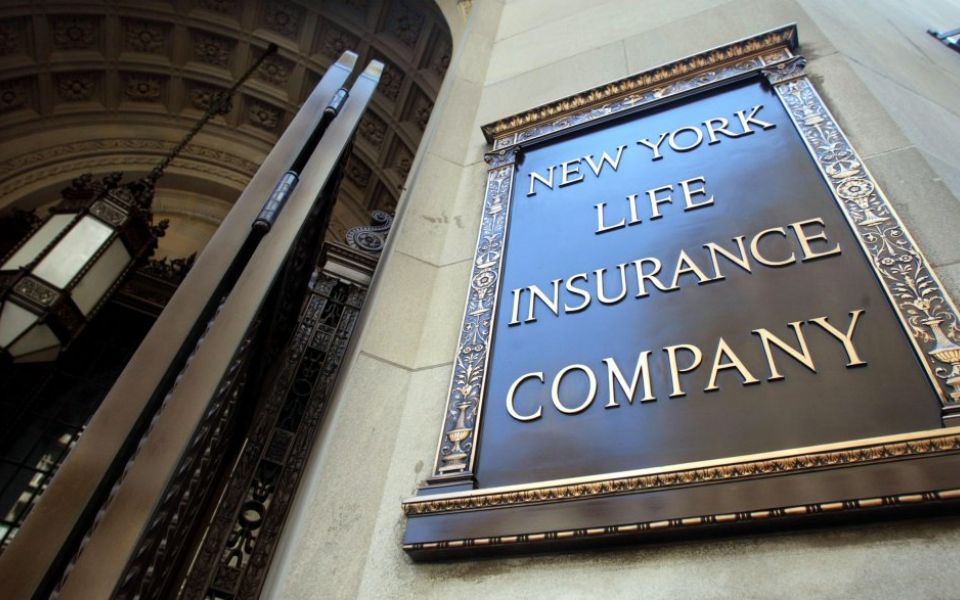Professional indemnity insurance is a must, as you’re bound to make a mistake in business

As professionals, we all make mistakes. Or sometimes, we are just accused of making mistakes that we didn’t make. For example, the Home Office is alleged to have lost thousands of sensitive documents.
And so too in the business world: mistakes happen, and people lose money as a result. Without naming names, some of the country’s largest and best known financial services firms, including law firms and accountants, have had to pay out millions – or even hundreds of millions – for their mistakes.
The same occurs in the property and medical sectors, where professionals often face claims for making mistakes.
Read more: Employers must tackle professions' class pay gap, says social mobility tsar
The good news is that these risks can be insured. Picking up the tab for mistakes is itself a big business: a recent report estimated that the UK professional indemnity market was worth £1.64bn in revenues in 2017.
The professionals of the new economy are not immune.
Frequently, when we read of a government IT contract failing, there will be a claim for mistakes made by the professional advisers.
Data loss and data misuse are a common cause of mistake claims against professionals. In fact, the risks surrounding cyber liability have grown so much that professional liability insurers frequently exclude cyber risks, requiring professionals to buy specific cyber insurance. Brokers Aon valued the worldwide cyber insurance market at $2.3bn in 2016.
Returning to old-fashioned mistakes, here are a few pointers for the busy executive to know about professional indemnity (PI) insurance.
It is worth remembering that the cost of defending claims can be huge, even if the claim eventually fails. PI policies usually cover defence costs, as well as liability payments, so are well worth investing in.
PI policies are “claims made” policies, which means that it doesn’t matter how good the professional’s cover was when the mistake happened: what counts is the cover in place when the claim is made.
This is important because claims against professionals can be made a long time after the mistake – sometimes up to 15 years. This often catches out retiring professionals, or those who reduce the size of their practice:. They might assume that the level of their cover can be reduced or eliminated altogether. It also catches out partners in firms that cease to practice – claims can arrive years later.
A negligence claim can sometimes be brought against an individual. You’re usually covered by your firm’s policies, but it is worth finding out what your employer’s PI arrangements are.
Many companies also buy an annual directors’ and officers’ (or management liability) policy. This covers more than just “professional practice” mistakes – D&O policies also usually cover the costs of regulatory and criminal actions, such as FCA investigations. These policies can also cover some fines imposed by regulators, but not all of them – and no cover at all will be available where the conduct has been dishonest or fraudulent.
PI policies only cover mistakes – they do not cover deliberate acts or contractual liabilities. If IT consultants commit contractually to a government department that their project will achieve a certain outcome, and the project fails, the insurer will only pay the consequences of the consultants making mistakes, not for failing to deliver on their promise.
For the same reason that motor insurance is compulsory, PI cover is obligatory for some professionals. This ensures customers have a pot of money to recover against if the professional makes a mistake.
There’s no doubt about it – to “err” is expensive, and PI insurance is an essential for professionals. If the blame game is played, and fingers are pointed in your direction, you want to be able to defend yourself.
Read more: Here's why insurance M&A activity will rocket in 2017